In Memoir, Green Berets Say They Objected to ‘Risky and Stupid’ Niger Mission

Michelle Black’s memoir holds the only place where the survivors of the Tongo Tongo ambush share their perspectives on the deadly Niger mission. Photo by Mac Caltrider/Coffee or Die Magazine.
It’s been four years since Michelle Black received the worst news of her life. On Oct. 4, 2017, her husband, Army Special Forces Staff Sgt. Bryan C. Black, was killed in an ambush in the West African country of Niger along with three other members of Operational Detachment Alpha 3212. Black and other family members were left with an unfillable void and questions about the events that led to the deaths of their loved ones.
A recently released documentary from ABC gives voice to some of those family members and calls the Army’s official investigation and conclusions into question. 3212: Un-Redacted features interviews with several family members of the soldiers killed in Niger and some soldiers and politicians close to the incident. While the film illuminates many details about the tragic mission and its aftermath, the missing pieces of the film’s otherwise complete puzzle are the firsthand accounts of soldiers who survived the ambush.
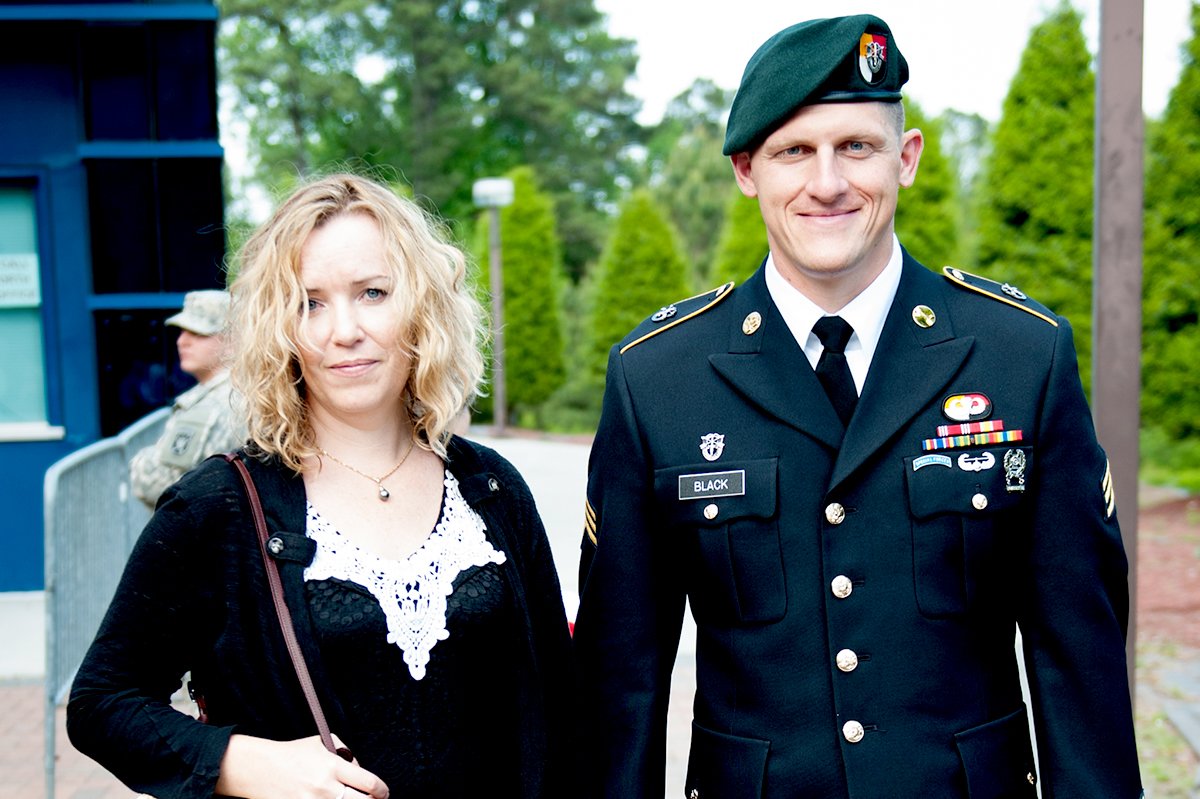
After an internal Army investigation concluded the ambush was a result of ODA 3212’s poor preparation and training, Black went looking for answers on her own, compiling testimonies from several soldiers who served alongside her husband in Sacrifice: A Gold Star Widow’s Fight for the Truth, a detailed account of the events leading up to the ambush and its fallout.
Black, who is close with her husband’s former teammates, spoke with Sgt. 1st Class Brent Bartel, the team’s communications sergeant; Staff Sgts. Hanson, Brooks, and Ondo (full names of these active Green Berets omitted to protect their identities), all weapons sergeants with the team; and team commander Capt. Mike Perozeni.
“My book is about the men,” Black told Coffee or Die Magazine. “The story really gets into close detail about the men on the ground. It’s the only place you’ll find the survivors’ interviews. They spoke exclusively with me. This is their book.”
Gen. Thomas Waldhauser, commander of United States Africa Command (AFRICOM), which conducted the Army’s investigation, told reporters at a press briefing May 10, 2018, that the men of ODA 3212 “were not indicative of what [special operators] do,” and claimed they failed to perform basic soldier-level skills.
Michelle Black’s blood boiled as she listened to Waldhauser criticize the professionalism of her husband and his teammates that day.
“My husband worked his whole life to become a Green Beret and was the epitome of a good special operator,” Black told Coffee or Die.
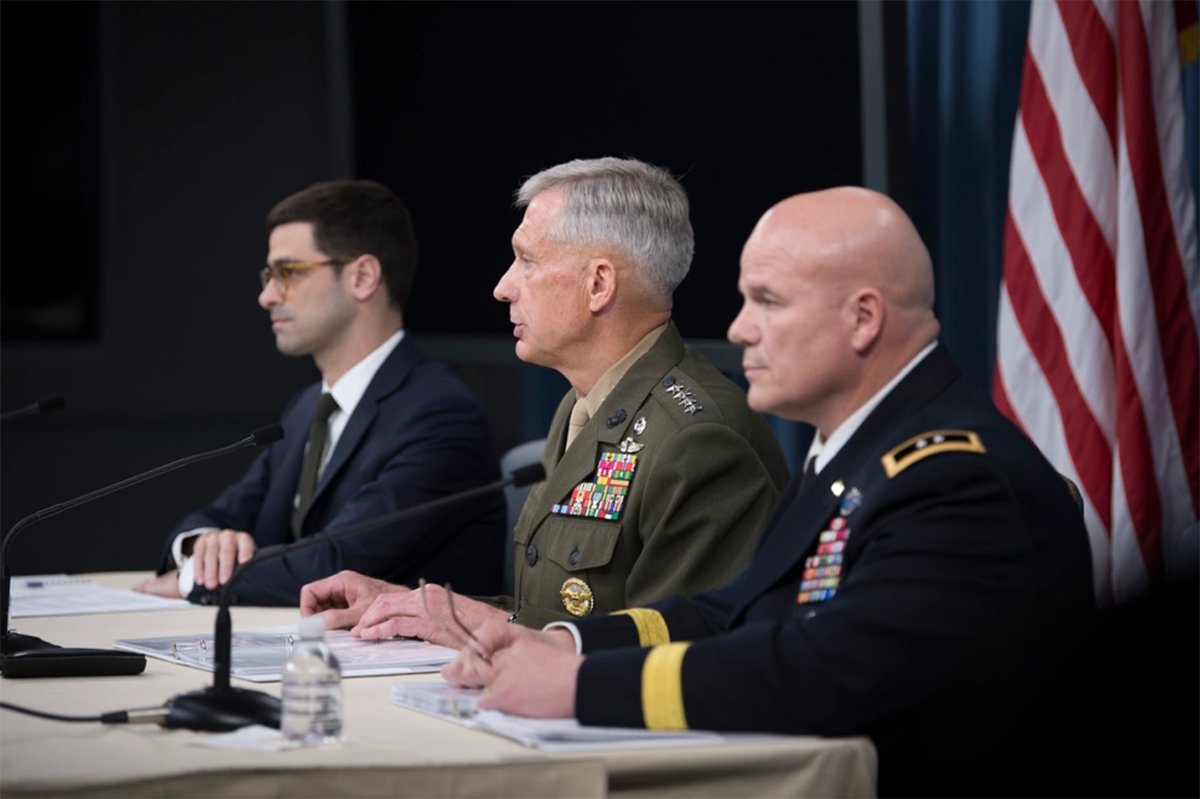
According to Black’s findings, when her husband and the rest of ODA 3212 deployed to Niger in August 2017, their primary mission was to help train members of the Niger Armed Forces in their fight against Islamic terrorists, but on Oct. 3 the team of eight Green Berets, two support personnel, and one intelligence officer were tasked with the much more complex and dangerous mission of killing or capturing Doundou Chefou: a subcommander of the Islamic State Greater Sahara (ISGS) near the Mali border.
Realizing his 11-man team was undermanned and underequipped for the job, Perozeni requested that a larger helicopter-borne unit be the primary force, and his smaller team could instead act as a Quick Reaction Force. Perozeni’s plan was approved, but poor weather conditions forced the heliborne unit to return to base. Instead of aborting the mission, Perozeni’s small team was made the new primary force and ordered to conduct the mission without a QRF.
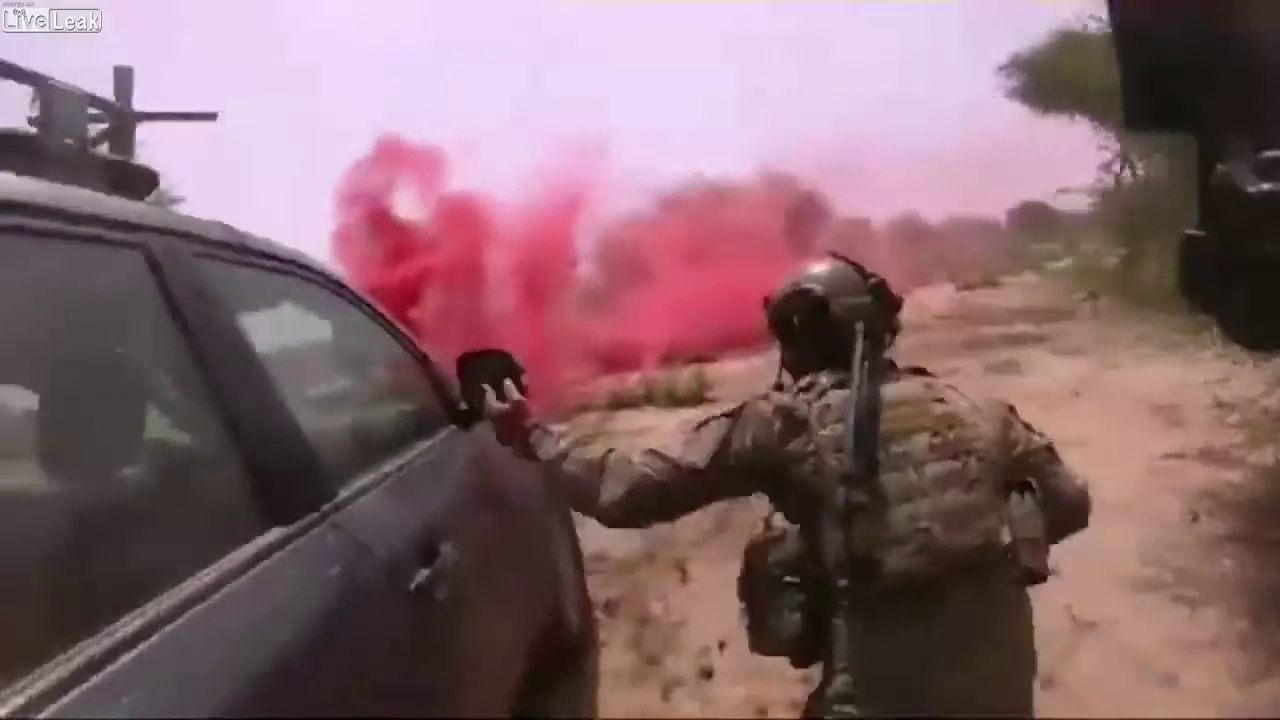
According to Black’s book, Perozeni and several other soldiers voiced concerns about the new plan.
“Chief, I really don’t think we should do this,” Black quotes Perozeni as telling his superior. “I think we should wait. With the two-hour time window, by the time we pack up the trucks and make the nearly four-hour drive up there, he’ll be gone. I am not comfortable with the mission and feel that we should be more cautious.”
Upon learning of the new mission, Ondo reportedly said, “How are we going to navigate an entire convoy up there with no roads in the dark? That’s risky and stupid.”
Hanson concurred: “Between the noise of the trucks and the number of all of us, we are going to stick out.”
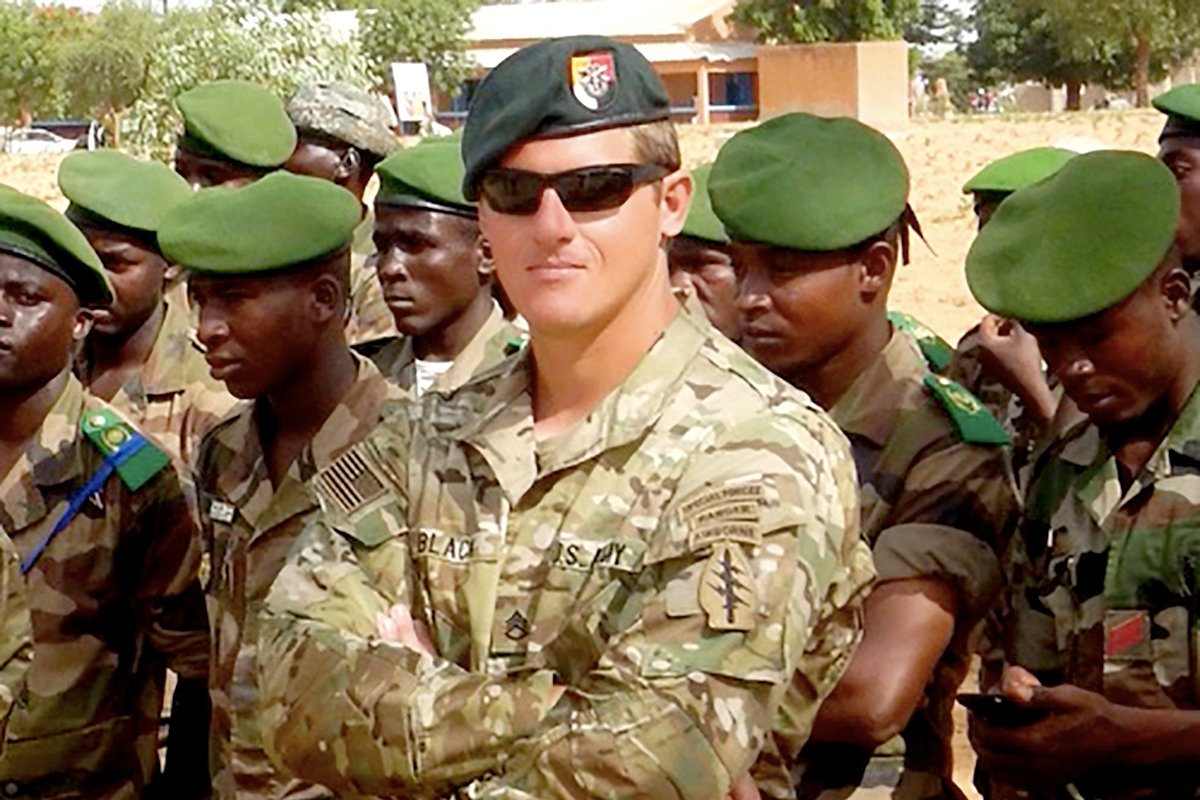
Despite the soldiers’ reservations, ODA 3212 was ordered to carry out the mission without additional support. After driving through the night toward the border, the team could not locate the ISGS commander. After a stop at the small village of Tongo Tongo, the team returned to their unarmored vehicles and began the long drive back to base. It was 11:30 in the morning on Oct. 4.
What happened next was all caught on Staff Sgt. Jeremiah Johnson’s helmet cam. A force of approximately 50 ISGS fighters ambushed the Green Berets and their Nigerien partners. Johnson’s helmet camera revealed what AFRICOM’s investigation concluded was a fatal decision to dismount the vehicles and fight on foot. But Black says her conversations with the survivors revealed a different story.
“The trucks were moving slowly, and when the first shots rang out, the lead Nigerien truck panicked,” Black said. “They’d never been in a firefight, and they slammed into the back of the American vehicle. The second Nigerien vehicle saw the collision and tried to go around them and clipped the driver’s side door. It essentially blocked the American vehicle and brought the entire convoy to a halt.”
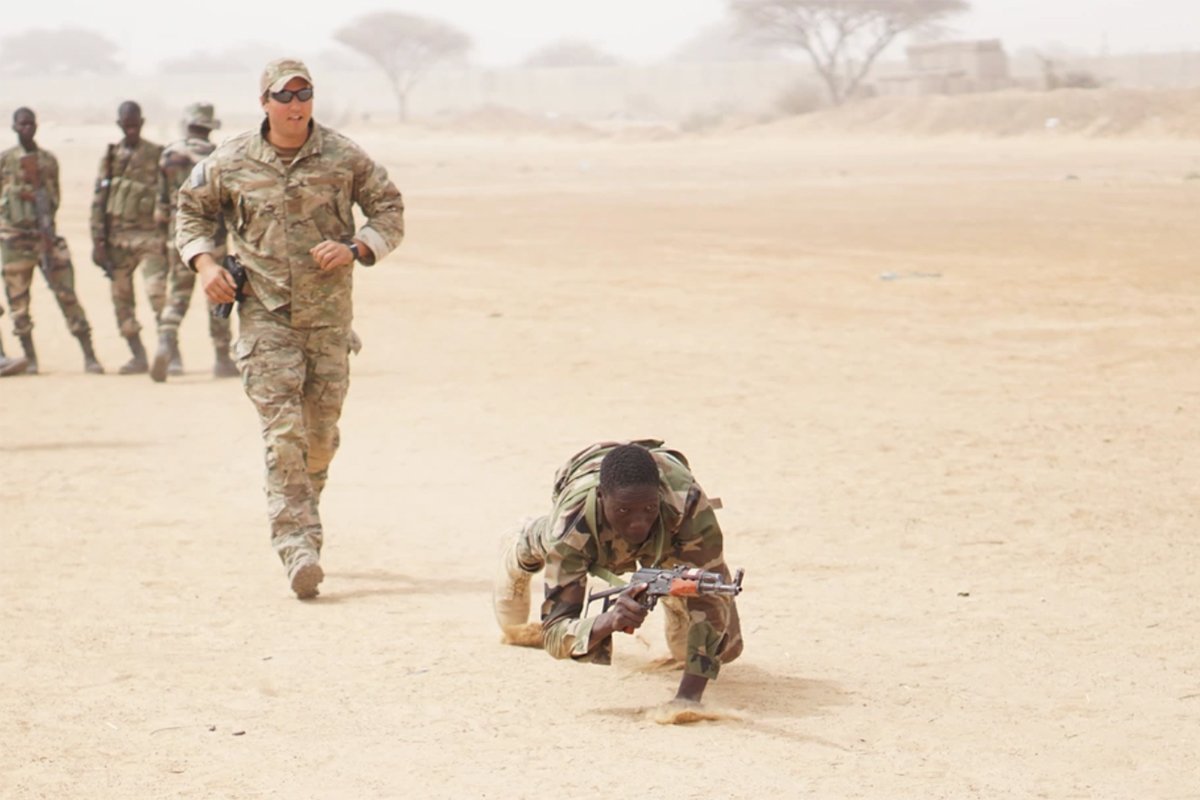
The numerically superior ISGS force encircled the convoy, killing four Americans and wounding two. Five Nigeriens were also killed and eight more were wounded before French jets arrived and caused the attackers to flee.
In the wake of the Army’s investigation, Perozeni, his team’s senior enlisted adviser, and his company commander, Maj. Alan Van Saun — who was in the United States on paternity leave at the time of the attack — each received a General Officer Memorandum of Reprimand, or GOMOR. GOMORs, which remain permanently in a soldier’s personnel file and prevent further promotions, are often a career-ending administrative censure. They can also prevent soldiers from reenlisting, which was the case for Van Saun.
On the two-year anniversary of the Niger ambush, Van Saun penned an essay in The New York Times, slamming the Army for failing to hold the right people accountable.
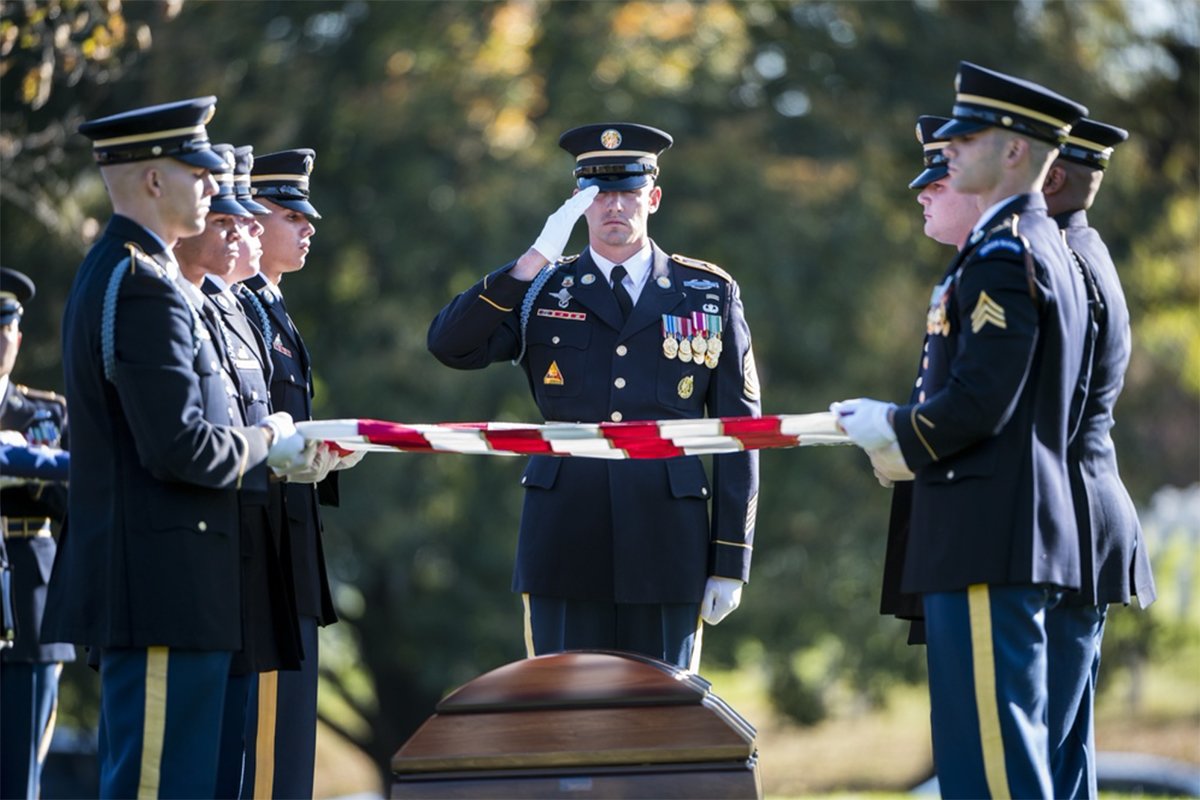
“I trusted that the Army would find the answers and deliver them to the families who so desperately needed them, and that military leaders would learn from such a harrowing and fatal event, and make needed changes so that my men’s lives were not lost in vain,” Van Saun wrote. “I trusted that, if warranted, there would be consistent accountability, at all levels.”
The Army issued six GOMORs for the Niger mission, but neither of the two senior officers who approved and oversaw the operation from afar were among those reprimanded.
Black said she remains focused on drawing attention to the outcomes of the investigation in hopes of ensuring accountability so the Army can avoid future mistakes.
“We want the truth, so that at some point we can say, ‘Hey we’re taking all the proper risk measures so this won’t happen again,’” she said.
Read Next: They Fought to the Death Alongside Green Berets — Now, They Are Green Berets
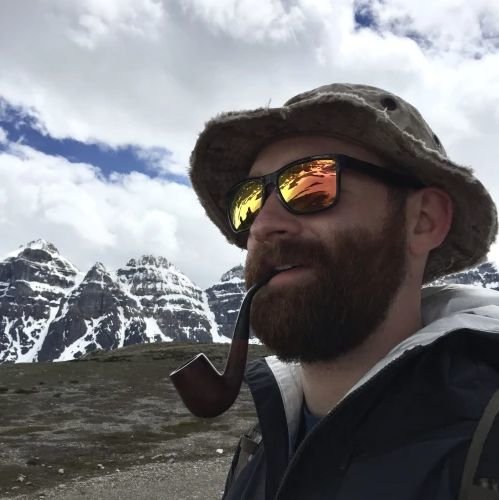
Mac Caltrider is a senior staff writer for Coffee or Die Magazine. He served in the US Marine Corps and is a former police officer. Caltrider earned his bachelor’s degree in history and now reads anything he can get his hands on. He is also the creator of Pipes & Pages, a site intended to increase readership among enlisted troops. Caltrider spends most of his time reading, writing, and waging a one-man war against premature hair loss.
BRCC and Bad Moon Print Press team up for an exclusive, limited-edition T-shirt design!
BRCC partners with Team Room Design for an exclusive T-shirt release!
Thirty Seconds Out has partnered with BRCC for an exclusive shirt design invoking the God of Winter.
Lucas O'Hara of Grizzly Forge has teamed up with BRCC for a badass, exclusive Shirt Club T-shirt design featuring his most popular knife and tiomahawk.
Coffee or Die sits down with one of the graphic designers behind Black Rifle Coffee's signature look and vibe.
Biden will award the Medal of Honor to a Vietnam War Army helicopter pilot who risked his life to save a reconnaissance team from almost certain death.
Ever wonder how much Jack Mandaville would f*ck sh*t up if he went back in time? The American Revolution didn't even see him coming.
A nearly 200-year-old West Point time capsule that at first appeared to yield little more than dust contains hidden treasure, the US Military Academy said.












